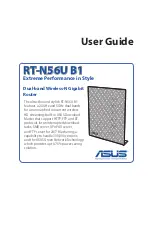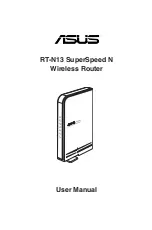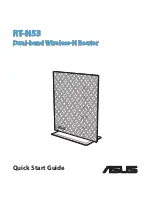
3333
A
A
A
A
CCESS
PPPP
OINT
SSSS
ECURITY
The access point multiple-layer security solution supports IEEE 802.1x, Remote
Access Dial-In User Service (RADIUS) Authentication, and Extensible
Authentication Protocol (EAP). If you do not have a centralized RADIUS server, the
access points Dynamic Security Link manages network login.
The access point supports any RADIUS implementation compliant with RFC 2865
and following standard EAP, RFC 2284, 2716, 2548 protocols. However, while
supporting 802.1x / RADIUS authentication, 3Com does not supply RADIUS
software or configuration instructions other than what is applicable for access
point configuration. Refer to your system administrator for RADIUS software or
configuration parameters for your site.
Security Configuration
Options
Open Network. The open-network option assumes that neither authentication
nor encryption are required. Network security is achieved by means of the wireless
network area name or SubSystemID (SSID).
40-bit Shared Encryption Key (Wi-Fi) Settings. For this option, the network
administrator sets up encryption keys for the wireless network and supplies users
with an encryption string or hexadecimal keys. You must set up encryption keys on
both the client and access point. This option can be used with local access point
authentication or with EAP-MD5 RADIUS authentication.
128-bit Shared Encryption Key Settings. This option is compatible with 128-bit
shared key from other vendors, including 3Com AirConnect, Agere, and Cisco.
The network administrator sets up encryption keys for the wireless network and
supplies users with an encryption string or hexadecimal keys. You must set up
encryption keys on both the client and access point. This option can be used with
local access point authentication or with EAP-MD5 RADIUS authentication.
3Com 128-bit Dynamic Security Link Encryption Settings. 3Coms proprietary
128-bit Dynamic Security Link is built into the access point and permits user-level
authentication. Users must log in with username and password. Once
authenticated, the access point dynamically creates a unique 128-encryption key
for the user for that session. Since the access point has a built-in username and
password database that support up to 1000 names, encryption keys do not have
to be supplied. This option can be used only with local access point
authentication.
Before you can authenticate a PC-based wireless client through your RADIUS
server, you must install and run the Wireless Authentication Agent. See Using
















































